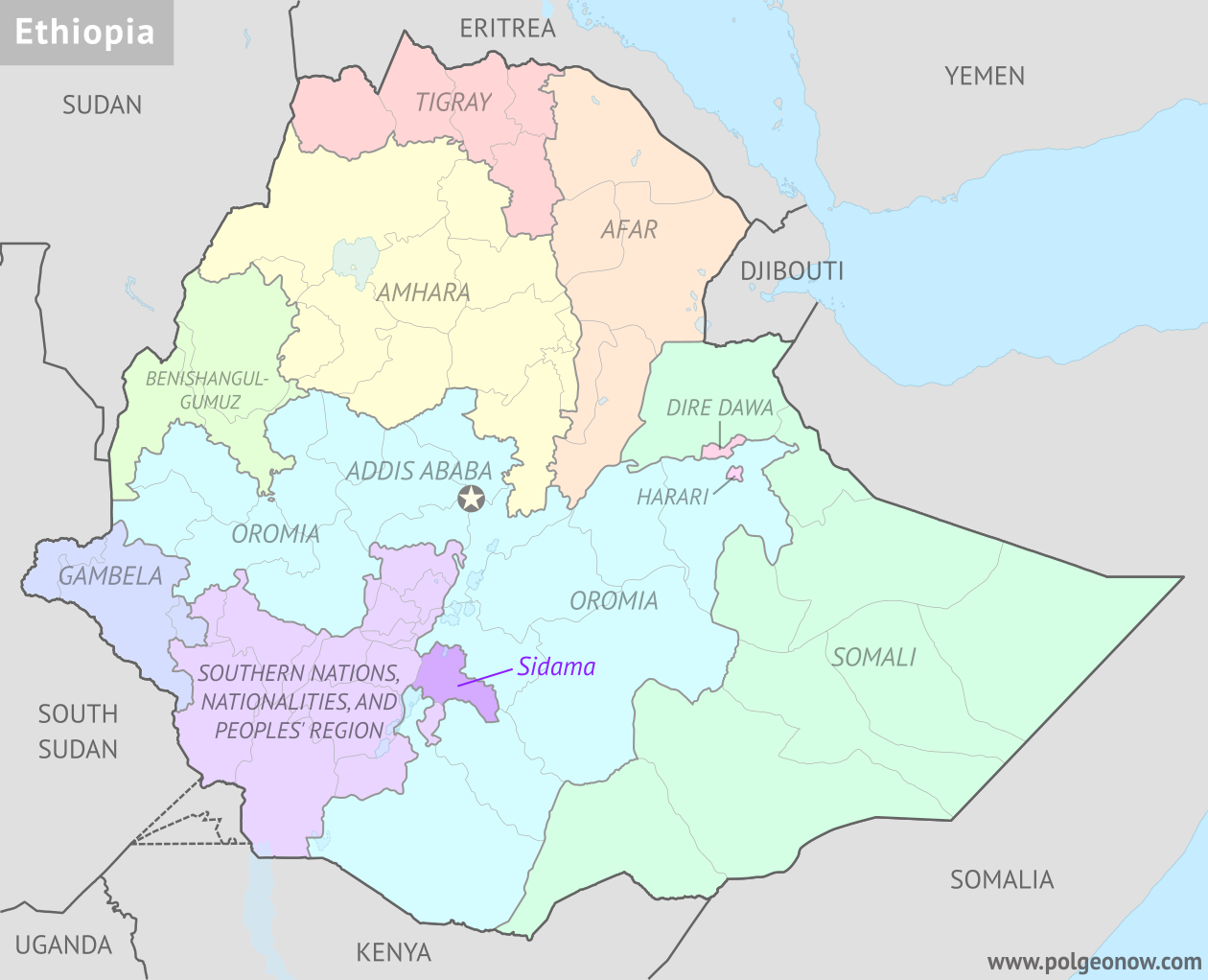
A joint investigation by the independent Ethiopian Human Rights Commission (EHRC) and the UN Human Rights Office has found that there are reasonable grounds to believe that all parties to the conflict in Tigray have, to varying degrees, committed violations of international human rights, humanitarian and refugee law, some of which may amount to war crimes and crimes against humanity. In a report published Nov. 3, the Joint Investigation Team details violations and abuses including unlawful killings and extra-judicial executions, torture, sexual and gender-based violence, and forced displacement of civilians.
The report covers the period starting in November 2020, when the armed conflict broke out between the Ethiopian National Defense Force (ENDF), the Eritrean Defense Force (EDF), the Amhara Special Forces (ASF), the Amhara Fano and other militias on one side, and the Tigray Special Forces (TSF), Tigrayan militia and other allied groups on the other. The period studied ended in June 2021, when the Ethiopian government declared a unilateral ceasefire. (Jurist)
The ceasefire, however, has broken down, and the TSF and allied forces are now approaching the capital, Addis Ababa. The central government has called on civilians and military veterans in the capital to join what it now calls an “existential war.” US Secretary of State Antony Blinken in a statement called on the Tigrayan and allied forces to “immediately stop the current advance towards Addis Ababa.”
In a meeting in Washington DC on Nov. 5, a new rebel coalition was announced, the United Front of Ethiopian Federalist & Confederalist Forces, bringing together several armed organizations “fighting against the genocidal regime in Ethiopia.” The nine constituent groups are the TSF (armed wing of the Tigray People’s Liberation Front-TPLF), the Oromo Liberation Army, the Afar Revolutionary Democratic Unity Front, the Agaw Democratic Movement, the Benishangul People’s Liberation Movement, the Gambella People’s Liberation Army, the Global Kimant People’s Rights & Justice Movement, the Sidama National Liberation Front, and the Somali State Resistance. (CNN, AP, Bansoro)





Tigray rebels accused in mass executions
The Tigrayan rebels fighting Ethiopia’s government carried out dozens of executions against civilians in two towns they controlled in August and September, Human Rights Watch said in a report on Dec. 10.
The fighters “summarily executed” 49 people in the village of Chenna and the town of Kobo in the northern Amhara region between Aug. 31 and Sept. 9, the rights group said. In Chenna, over the span of five days, Tigrayan rebels killed 26 civilians on 15 separate occasions before leaving the village on Sept. 4, the report found. Those killed included farmers, grandparents and residents who had declined to slaughter livestock for the fighters, it said. (NYT)
Tigray rebels halt advance on Addis Ababa
Tigrayan forces are withdrawing from other regions in northern Ethiopia, a spokesperson for the rebel forces said Dec. 20, a step towards a possible ceasefire after 13 months of brutal war. “We trust that our bold act of withdrawal will be a decisive opening for peace,” said Debretsion Gebremichael, head of the Tigray People’s Liberation Front (TPLF).
His letter to the United Nations called for a no-fly zone for Tigray, imposing arms embargos on Ethiopia and its ally Eritrea, and a UN mechanism to verify that external armed forces had withdrawn from Tigray. (France24)
Deadly airstrike on Tigray IDP camp
At least 56 people have been killed and 30 others wounded in an air-raid on a camp for civilians displaced by the brutal conflict in Ethiopia’s Tigray. (Al Jazeera) The strikes come a day after the Ethiopian regime released several imprisoned opposition leaders in a surprise amnesty. Among the released are Oromo civil leaders Bekele Gerba and Jawar Mohammed, who had been charged with “terrorism.” (Reuters)